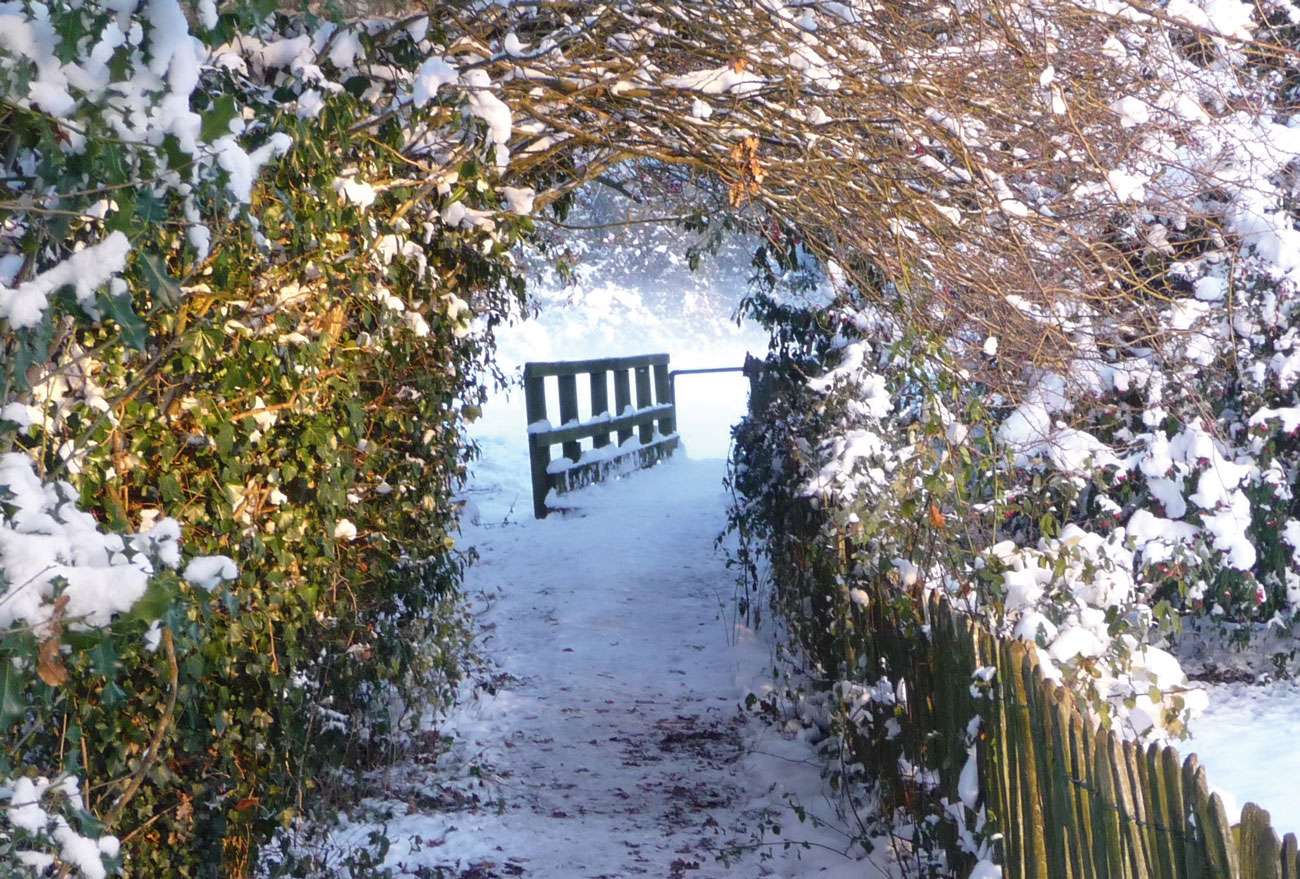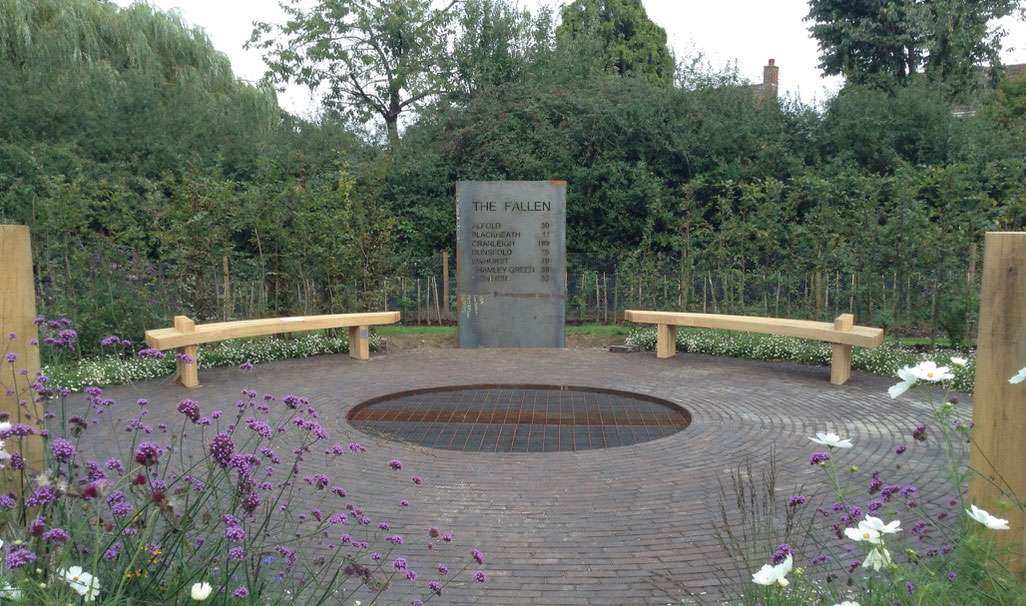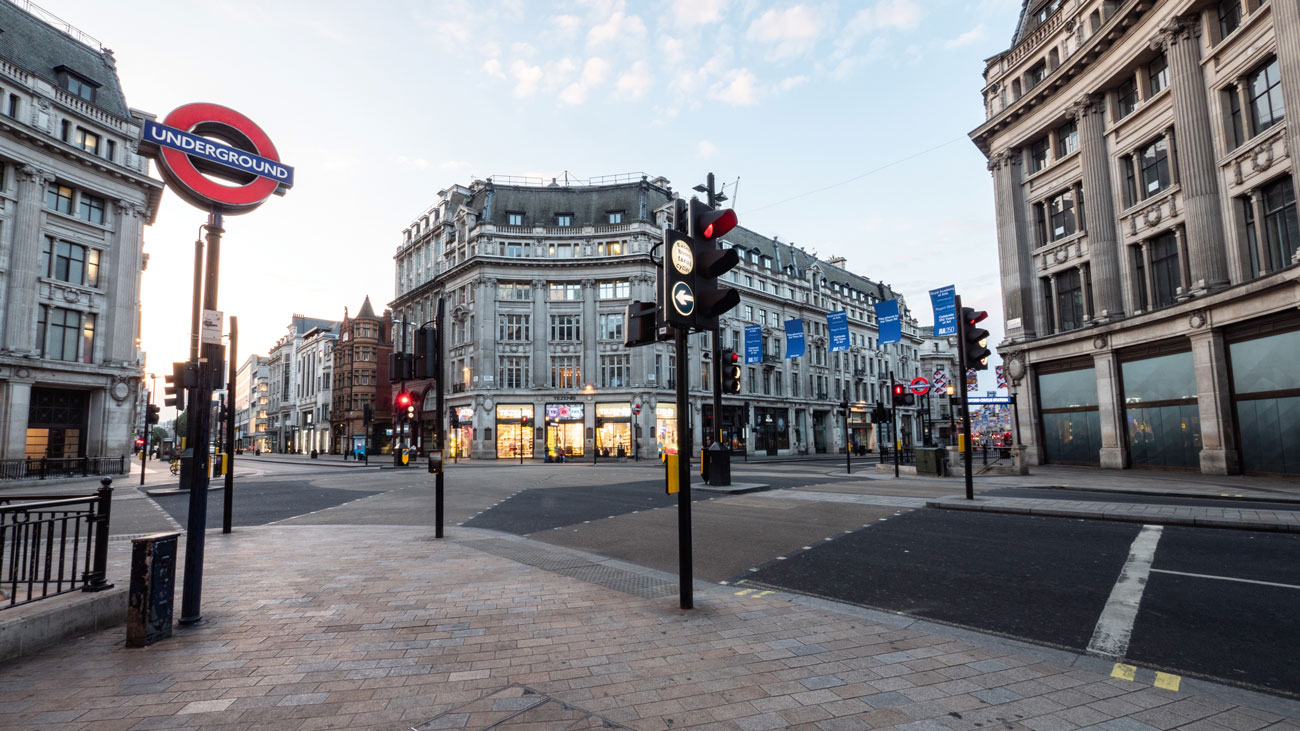
Eighty years ago, in December 1939, Great Britain was at war. Adolf Hitler had become German chancellor in 1933 and under his command the armies of the Third Reich were now marching through Europe leaving a trail of destruction in their wake. Once again Britain faced an uncertain future. It was only twenty-one years since the last war had ended, and those who’d lived through it must have been filled with foreboding at the thought of more terrible losses, more families ripped apart, more deprivation, suffering and fear.
So when King George V1, our present queen’s father, gave his first Christmas broadcast of the war he must have wondered what he could say that would reassure a frightened nation as it faced a new year of uncertainty. Thankfully, his wife, the Queen mother, had given him an idea when she introduced him to the poem ‘God Knows’ by Minnie Haskins. George V1, as a Christian monarch, was expected to deliver a Christian message. The first five lines of Haskins’ poem fitted this perfectly:
And I said to the man who stood at the gate of the year:
“Give me a light that I may tread safely into the unknown.” And he replied: “Go out into the darkness and put your hand into the Hand of God. That shall be to you better than light and safer than a known way.”
The King memorably and poignantly ended his broadcast with these words. But it’s likely that few people at the time would have known who Haskins was, much less her poem. In fact the poet had no idea her words would be quoted. “I heard the quotation read in a summary of the speech,” she told The Daily Telegraph the following day. “I thought the words sounded familiar and suddenly it dawned on me that they were out of my little book.”
Minnie Haskins was a grocer’s daughter brought up at Warmley, Bristol. She taught at a Congregationalist church Sunday school there. Apparently the image in her poem came to her at Warmley when she was standing at a top floor balcony window, looking down the illuminated driveway to the gate.
She studied at the London School of Economics and taught in its social science department until 1944. She published two more volumes of poetry, Through Beds of Stone (1928) and A Few People (1932).
Despite the reassurance of George V1’s 1939 Christmas broadcast, the early months of the year did not go well for his country. By May 1940 Hitler had launched his blitzkrieg against the Low Countries and France. With the French defences broken, German panzer forces burst through, and began a rapid advance across France and Belgium. Very soon Rommel’s armoured pincer movement was threatening the British army with entrapment, their forces were being obliged to withdraw. The German High Command went so far as to boast that ‘The British army is encircled and our troops are proceeding to its annihilation.’ According to those close to him, Winston Churchill feared he would have to announce the greatest military disaster in British history.
George V1’s response was to declare that Sunday, 26 May should be observed as a National Day of Prayer. He attended Westminster Abbey with members of the cabinet whilst people flocked to churches throughout the country to ask for God’s help.
Yet, inexplicably, Hitler overruled his generals whilst they were only ten miles from possible destruction of the British army. Then came a huge storm, grounding the German Luftwaffe squadrons and allowing the British foot soldiers to move to the coast under cover. In contrast, the British channel was becalmed, allowing the little ships which had made their way to Dunkirk from all around Britain to safely progress to the army’s rescue.











